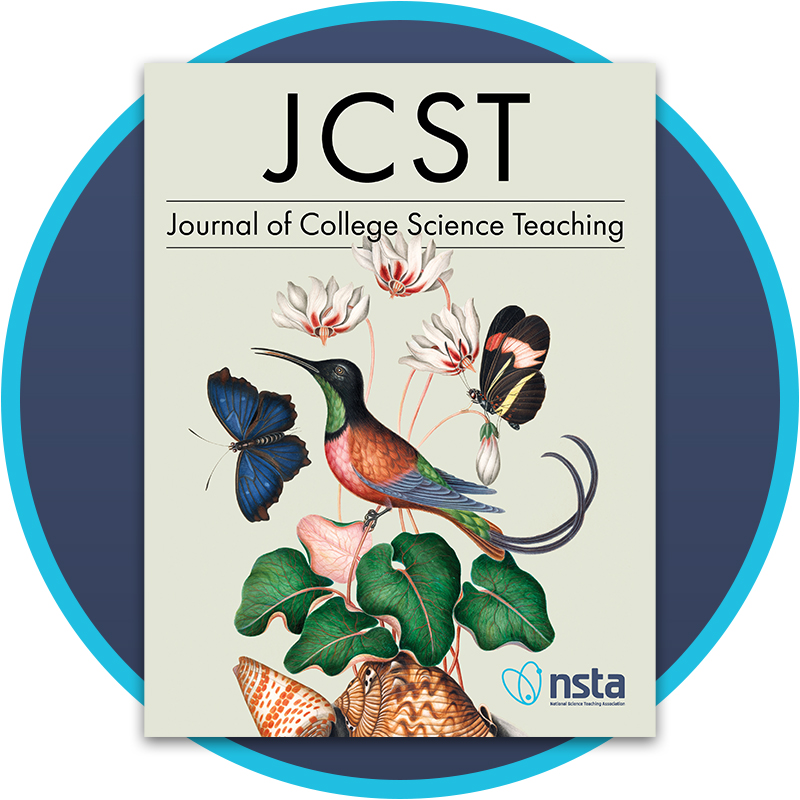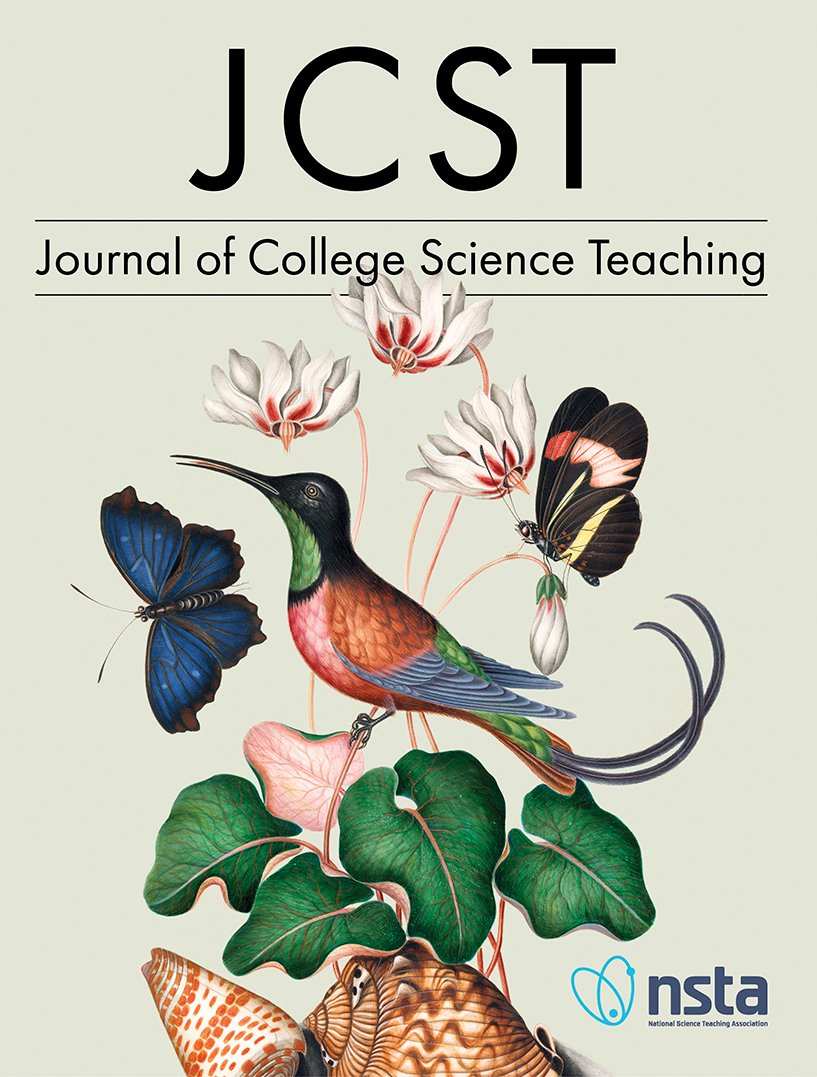
![]()
Read The Journal of College Science Teaching (JCST), NSTA's award-winning, peer-reviewed research journal for postsecondary level science educators, sign up for new article alerts, and more!

![]()
Read The Journal of College Science Teaching (JCST), NSTA's award-winning, peer-reviewed research journal for postsecondary level science educators, sign up for new article alerts, and more!
